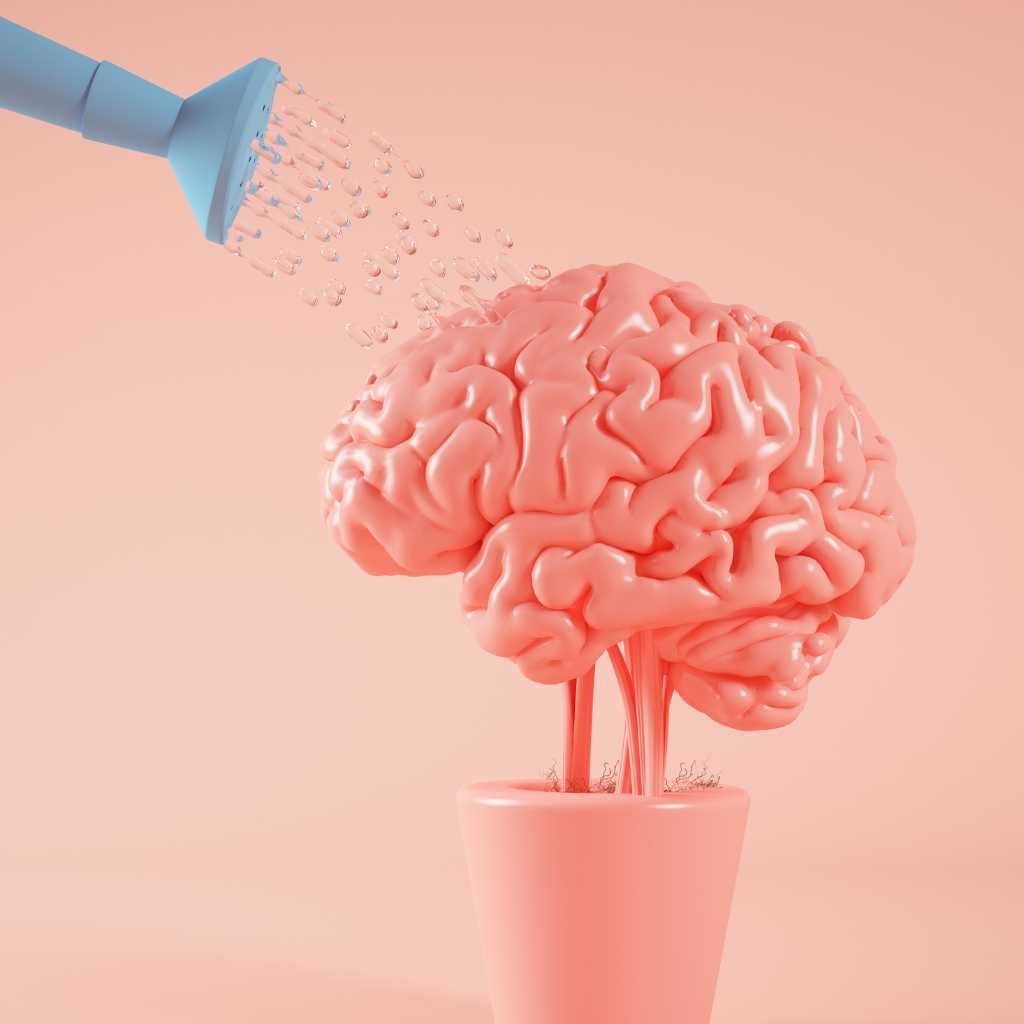Table of Contents
“What happens to your brain when you drink too much alcohol?”
It’s a question that many of us ask at some point. Whether after a heavy night out or when witnessing the struggles of a loved one. Alcohol and brain damage are strongly related, and the truth is more complex and more urgent than most people realize. Alcohol doesn’t just give you a temporary buzz or hangover. Over time, it can cause lasting harm to your brain, changing the way you think, feel, remember, and even move.
In this blog by GateHouse Treatment, we’ll dive into the science behind alcohol and brain damage, explain terms like alcohol brain fog and neurotoxicity, and show why even moderate drinking isn’t always as harmless as it seems. Most importantly, we’ll explore the hopeful side of this topic: the brain’s incredible capacity to recover.
The Science Behind Alcohol and Brain Damage
Alcohol is a neurotoxin — a substance that disrupts the brain’s delicate communication system. According to the National Institute on Alcohol Abuse and Alcoholism (NIAAA), alcohol can both enhance and inhibit key neurotransmitters, leading to altered brain function and structural changes in the brain over time.
Chronic alcohol use has been linked to:
- Shrinking of the brain (loss of gray and white matter)
- Cell death in critical brain regions
- Long-term memory problems
- Mood instability and poor decision-making
Research from Johns Hopkins University recently showed that excessive alcohol damages brain circuits involved in decision-making, particularly in the dorsomedial striatum, and that this damage can persist even after long periods of sobriety.

In other words, the effects of alcohol on the brain aren’t just temporary. Over time, alcohol rewires how your brain works — sometimes permanently.
Alcohol Brain Fog: It’s More Than Just a Hangover
“Brain fog” is one of the most common complaints from people who drink heavily or who are recovering from alcohol use disorder (AUD). But what exactly is alcohol brain fog?
Alcohol brain fog describes the difficulty in concentrating, memory lapses, confusion, and mental fatigue that often follow heavy drinking. It’s not just a feeling — it’s the brain’s way of signaling that something is off.
Scientific studies show that alcohol impairs the prefrontal cortex (which controls planning and judgment), the hippocampus (responsible for memory), and the cerebellum (which helps with coordination). These impairments lead to problems with:
- Focus and attention
- Short- and long-term memory
- Problem-solving and logical thinking
- Emotional regulation

Worse still, experts have linked even low and moderate alcohol consumption to reduced brain volume, affecting key cognitive regions like the frontal and temporal lobes, according to a 2024 systematic review published in PMC.
So if you’ve ever blamed poor concentration or forgetfulness on stress or lack of sleep, and you also drink, alcohol might be playing a larger role than you realize.
Neurotoxicity: How Alcohol Harms Brain Cells
One of the most damaging effects of alcohol is its neurotoxicity — the ability to poison and kill brain cells.
Here’s how it works:
- Alcohol increases inflammation in the brain
- It disrupts energy production inside neurons
- It interferes with the repair and regeneration of brain tissue
As a result, neurons die off, synapses disconnect, and overall brain function declines. Over time, these changes lead to alcohol-related brain damage — a catch-all term for a range of neurological and cognitive impairments caused by chronic drinking.
Women, according to recent data from the CDC and Psychology Today, may be especially vulnerable to brain damage from alcohol and cognitive deficits due to differences in metabolism, hormone levels, and brain structure.
Besides, studies using positron emission tomography (PET) scans have found that women with AUD may show more severe impairments in microglial cells—key elements of the brain’s immune defense—than men. This finding suggests that neuroinflammation may have a greater impact on AUD in women.
Regardless of gender, research from Alcohol Research and Health indicates a strong link between alcohol and brain damage. Alcohol can cause the brain to shrink, particularly in areas such as the cerebral cortex, white matter, and possibly parts of the basal forebrain. This shrinkage is often the result of alcohol’s neurotoxic effects on brain cells.
Additionally, heavy drinking can lead to a thiamine (vitamin B1) deficiency, which may damage parts of the hypothalamus, potentially due to broken blood vessels in that region.
Individuals who are vulnerable to both alcohol-related neurotoxicity and thiamine deficiency may experience more widespread brain damage, including damage to deep brain structures like the limbic system. This damage can result in severe short-term memory loss and other significant cognitive impairments.

Brain Damage from Alcohol: Which Areas Are Most Affected?
Experts have identified the relationship between alcohol and brain damage across various regions of the brain and through multiple forms of impairment. Here’s a breakdown:
- Frontal lobes: Judgment, decision-making, impulse control — often impaired early and severely in chronic drinkers.
- Hippocampus: Learning and memory — alcohol blocks memory consolidation, causing blackouts and long-term forgetfulness.
- Cerebellum: Balance and motor skills — long-term drinkers may have trouble walking or using their fine motor skills.
- Limbic system: Emotional processing — alcohol can increase anxiety, depression, and impulsivity.
- Dorsomedial striatum: Decision-making — damage here can lead to compulsive behaviors and relapse vulnerability.
According to the NIAAA, even one night of heavy drinking can disrupt normal brain communication, but repeated use leads to more profound and lasting structural changes.
Can the Brain Heal After Alcohol Abuse?
Although the effects of alcohol and brain damage are significant, they often begin early and can worsen over time. Here’s the hopeful part: your brain is resilient.
The brain’s neuroplasticity can help form new neural connections and even regenerate specific cells after someone stops drinking. Research and neuroimaging studies suggest that:
- Cognitive functions like memory and attention improve significantly after several months of sobriety
- Brain volume in damaged regions can begin to increase within weeks of quitting alcohol
- New neurons may be generated, especially in the hippocampus
That said, recovery depends on various factors, including age, length of alcohol use, overall health, and support systems. In some cases, especially where alcohol-related brain damage is advanced, full recovery may not be possible. But for many people, meaningful improvement is absolutely within reach.

Why Addressing Alcohol and Brain Damage Matters
Our culture normalizes and even glamorizes drinking. But the science is precise: when it comes to alcohol and brain damage, no amount is truly safe, as stated by the World Health Organization (WHO).
If you or someone you care about is dealing with alcohol brain fog, memory loss, or signs of cognitive decline, it’s essential not to ignore them. The earlier we intervene, the better the chances for brain recovery.
At GateHouse Treatment, we understand how deeply alcohol can affect your body and independence. That’s why we offer compassionate, evidence-based care for individuals struggling with alcohol and substance abuse. Whether you’re in the early stages of concern or dealing with long-term addiction, we’re here to help you heal, recover, and rebuild.
Reach out to GateHouse Treatment today by calling (855) 448-3588 or contacting us online. Together, we can face the reality of alcohol’s impact on the brain and move toward a healthier, clearer future.
- Alcohol and Brain Damage: What Happens When You Drink Too Much? - May 14, 2025
- Fentanyl Misuse: Awareness and Prevention - March 14, 2025
- High-Functioning Alcoholic: 5 Steps to Identify if You Are One of Them - February 23, 2025




